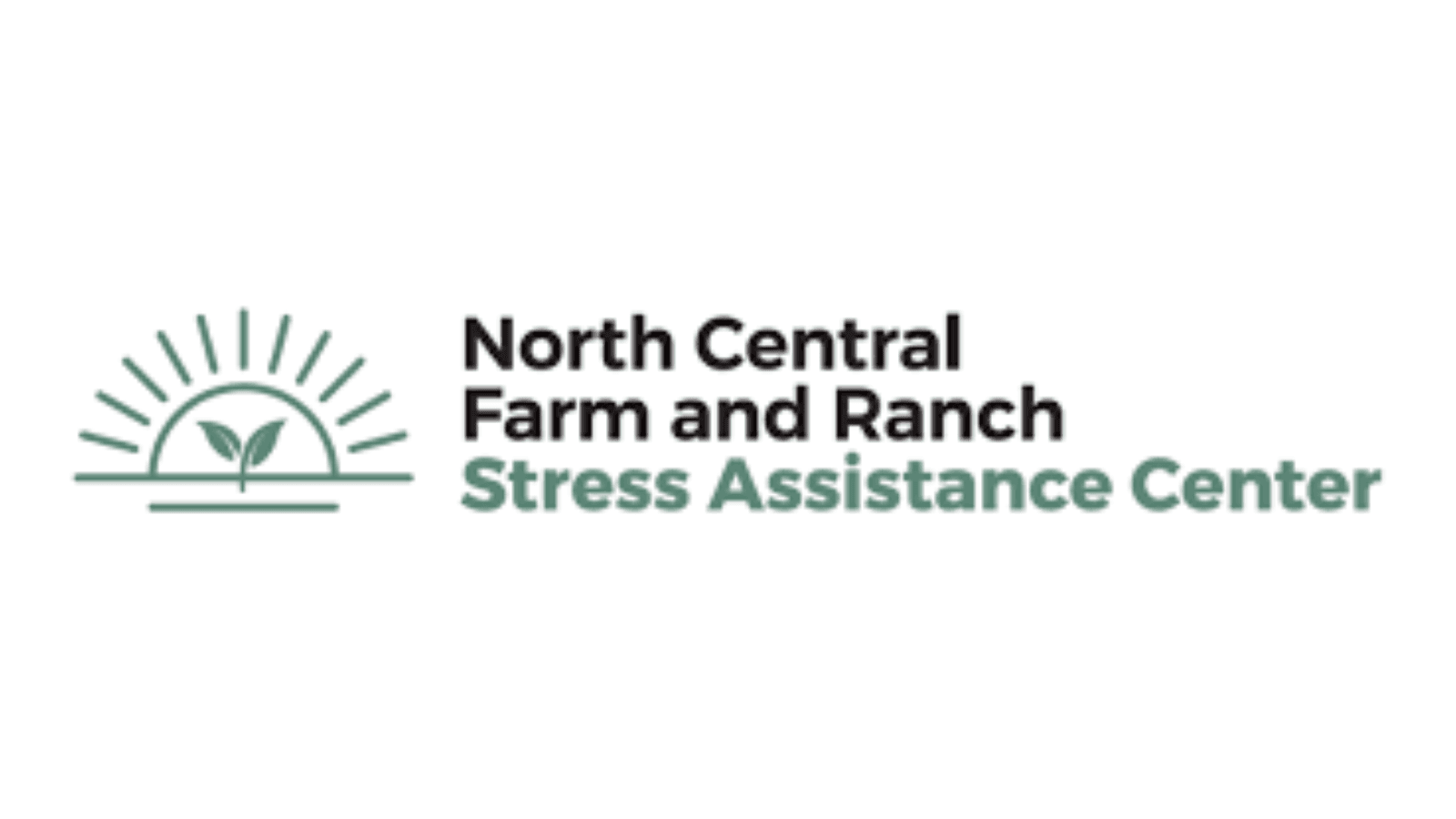
I was a few months into a new research position when my supervisor and mentor dropped an article on my desk. The title was shocking and bleak- “Why are America’s farmers killing themselves?”
“Can you believe this?” she asked. “Yes,” I responded.
I grew up on a farm, I actively farm today, and I have spent my entire life in agricultural communities. While the media, social media, and even Super Bowl commercials like to romanticize the family farm, those of us who live it know the challenges, sacrifices, and realities of the work.
Research suggests agricultural producers experience worse mental health than the general population, marked by higher prevalence of symptoms of anxiety and depression. Surveys of farmers in the Midwest suggest up to 60% meet the criteria for at least mild depression, which far exceeds the 20-27% we typically observe among the general population. Importantly, farmers that have reported more stress around common agricultural stressors such as personal finances, economics, and weather conditions experience more symptoms of depression and anxiety.
Unfortunately, farmers and ranchers experience barriers to mental health services. Many agricultural communities lack mental health care providers, and where services are available, many are dissuaded due to long wait times to be seen and costs for services. Stigma also discourages some from participating in mental health services. I have had farmers tell me they drive great distances to seek care to ensure no one recognizes their truck in a clinic parking lot.
In response, extension services, agricultural organizations, and health care institutions have stepped-up. In the Midwest, North Central Farm and Ranch Stress Assistance Center, a 12-state collaborative funded by USDA is developing and expanding resources that address the unique stressors agricultural producers experience and services to promote mental health. In our region, we’re seeing success in educating and training agricultural supporters, such as partners, colleagues, and agribusiness representatives in programs that build community capacity to respond to mental health issues and crises. Programs like Mental Health First Aid, and Question.Persuade.Refer increase a participant’s knowledge about mental health, increase confidence in responding to a mental health situation, and develop skills for referring someone to help. After a Mental Health First Aid course in Illinois, one participant said, “My understanding of this topic was low, so much of the basic information was excellent to create a foundational knowledge. Thank you for bringing this program to our community, I feel prepared to help someone in need.”
To learn more about the North Central Farm and Ranch Stress Assistance visit www.farmstress.org. Please reach out to Josie Rudolphi at josier@illinois.edu with questions or comments.
Josie Rudolphi is an assistant professor and Extension Specialist at the University of Illinois Urbana-Champaign. She directs the North Central Farm and Ranch Stress Assistance Center which expands resources and services to agricultural producers in a 12-state region. She was raised on a farm and remains active in the operation.






